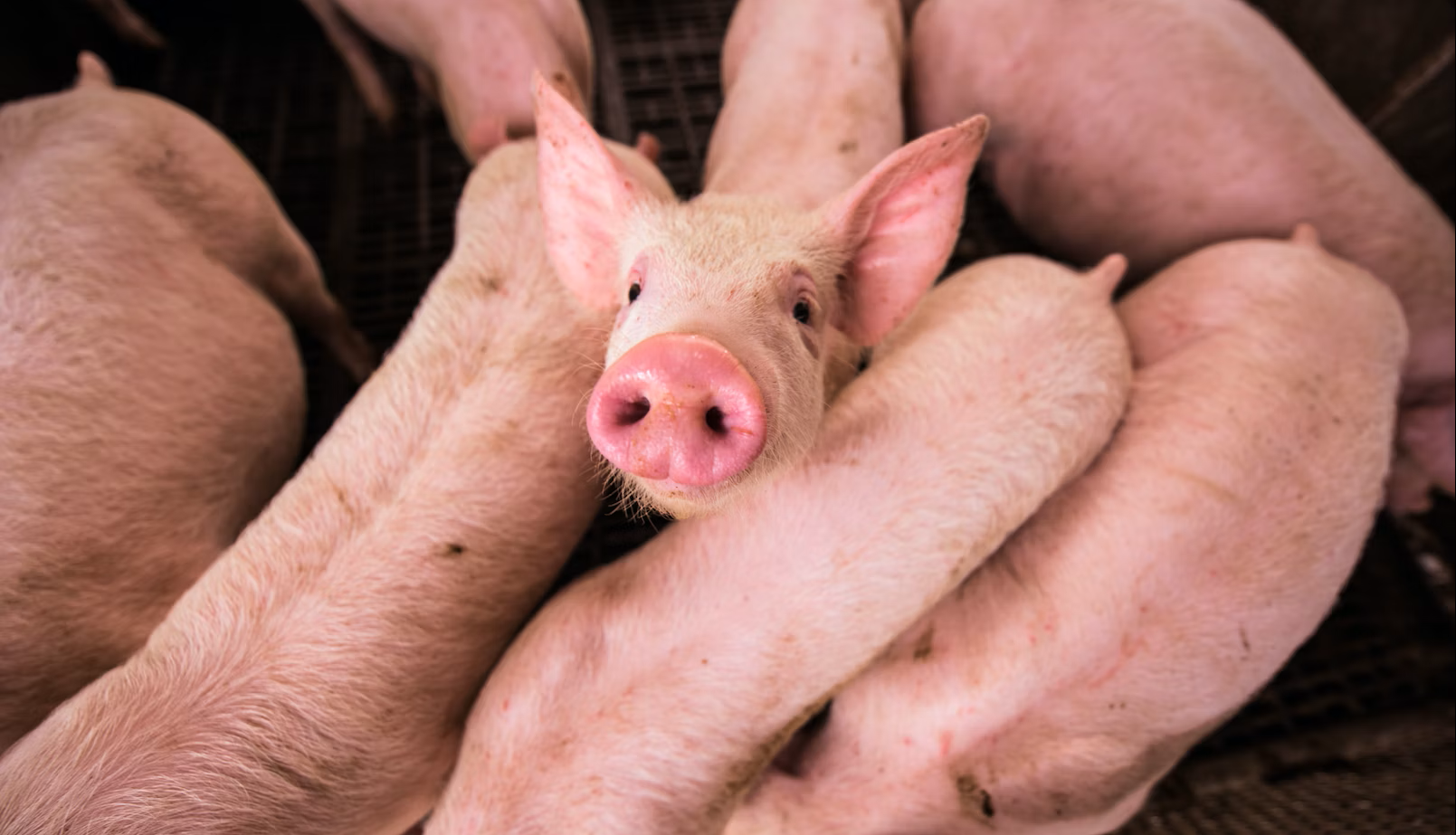
Bacon has become a staple in many diets around the world, loved for its crispy texture and savory flavor. However, there are some important truths about bacon that you should be aware of before indulging in this popular meat product.
High in Fat and Calories: Bacon is known for its high fat content, particularly saturated fat. Consuming excessive amounts of saturated fat can lead to health issues such as obesity, heart disease, and high cholesterol levels. Additionally, bacon is calorie-dense, meaning it can contribute to weight gain if consumed in large quantities.
Processed Meat: Bacon is classified as a processed meat, which means it undergoes various processes such as curing, smoking, and adding preservatives. Processed meats have been linked to an increased risk of certain cancers, particularly colorectal cancer. The World Health Organization has classified processed meats as Group 1 carcinogens, alongside substances like tobacco and asbestos.
Nitrate and Nitrite Content: Bacon often contains added nitrates and nitrites, which are used as preservatives to prevent bacterial growth and maintain its pink color. However, when cooked at high temperatures, these compounds can form potentially harmful substances called nitrosamines. Nitrosamines have been associated with an increased risk of cancer.
Sodium Content: Bacon is notoriously high in sodium, which can contribute to high blood pressure and other cardiovascular issues. Excessive sodium intake has also been linked to an increased risk of stroke and kidney disease. It is important to be mindful of your sodium intake and limit consumption of salty foods like bacon.
Quality and Sourcing: The quality of bacon can vary greatly depending on the sourcing and production methods. Factory-farmed pigs are often raised in crowded and unsanitary conditions, given antibiotics, and fed a diet that may include genetically modified organisms (GMOs). Opting for organic, pasture-raised, or locally sourced bacon can help ensure better animal welfare and potentially reduce exposure to harmful additives.
While bacon can be enjoyed in moderation as part of a balanced diet, it is crucial to be aware of its potential health risks. If you choose to include bacon in your diet, consider opting for leaner cuts, cooking it at lower temperatures, and pairing it with plenty of vegetables and whole grains to create a more balanced meal.








